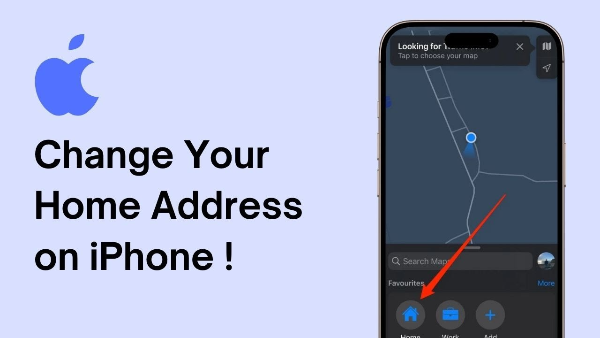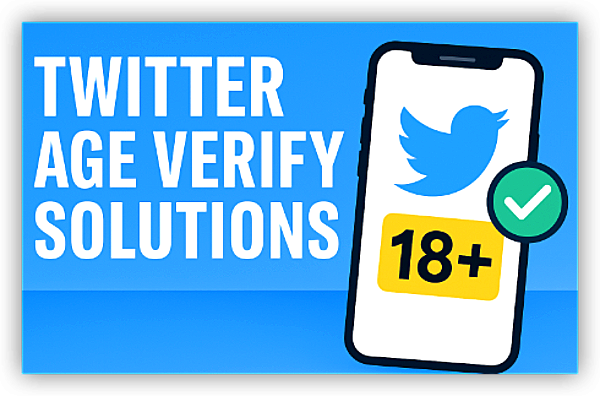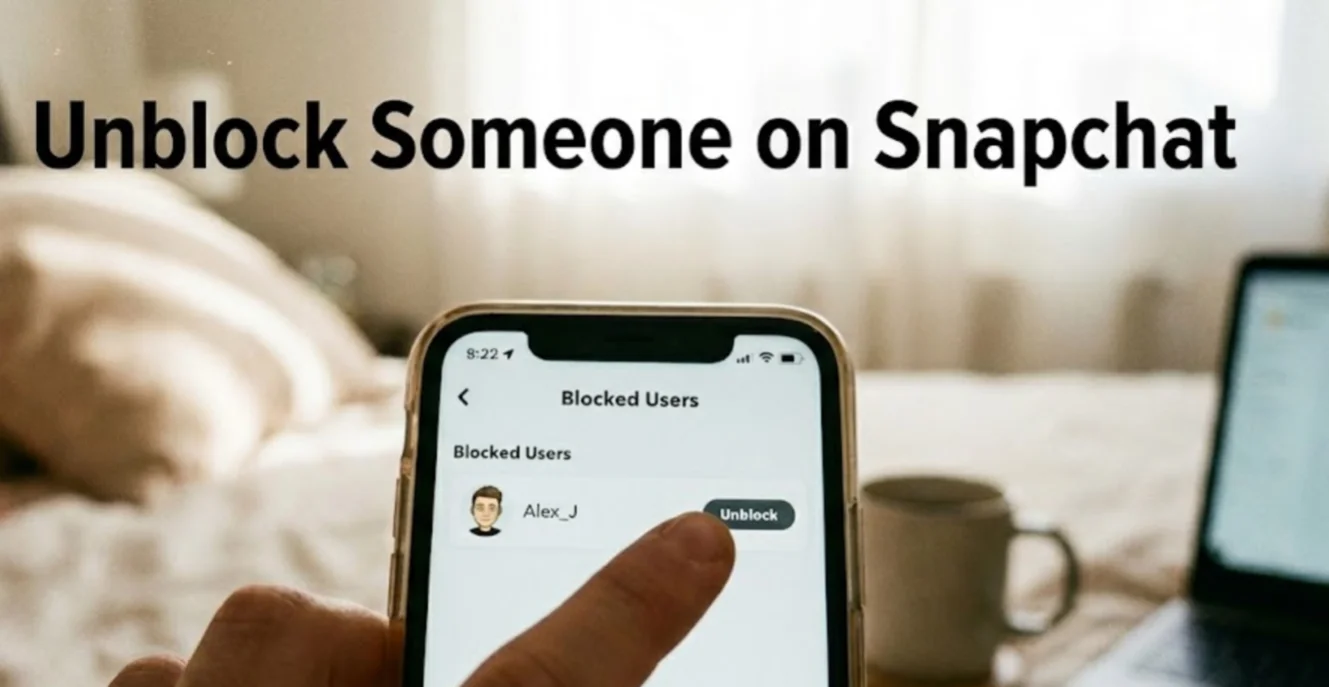Why Do ISPs Block Websites?

ISPs have the ability to restrict access to certain websites, and these blocks can occur for a number of reasons. Let’s take a closer look at some of the main causes behind ISP blocking websites.
1. Government Censorship
One of the most common reasons for ISP blocking is government censorship. In certain countries, governments impose internet restrictions on specific content they deem inappropriate, illegal, or politically sensitive. For example, websites that promote free speech, human rights, or content that is critical of the government may be restricted.
In such cases, ISPs block sites to comply with local laws and government orders. This type of censorship is prevalent in countries with authoritarian governments, where access to information is tightly controlled.
2. Copyright Protection and Piracy Prevention
Another major reason ISPs block websites is to combat piracy and protect copyrighted content. ISPs are often pressured by copyright holders, such as movie studios, music labels, and media companies, to block access to websites that host or distribute pirated content, such as illegal streaming sites or torrenting platforms.
If you try to access a site that violates copyright laws, you may be blocked by your ISP as part of an anti-piracy effort.
3. Network Management and Security
ISPs sometimes block certain websites as part of their network management strategies. For instance, ISPs might restrict access to certain sites if they are deemed to be a security risk or if they are consuming too much bandwidth. Websites with a reputation for hosting malware, phishing scams, or other malicious content may be blocked to protect users from online threats.
Additionally, if a website is too resource-heavy or causes slowdowns in the ISP's network, the provider might restrict access to maintain overall service quality.
4. Parental Controls
Some ISPs provide parental control features that allow parents to block access to specific websites or categories of content for their children. These controls can restrict access to adult content, social media, gaming, and other types of sites deemed inappropriate for younger audiences.
While these blocks are intended to keep children safe online, they can also limit your access if you’re on the same network.
5. Corporate and Educational Restrictions
ISPs also block access to certain websites in workplaces and educational institutions. These restrictions are typically put in place to limit distractions and ensure that employees or students remain focused on their tasks. Social media, video streaming, gaming sites, and other non-work or non-study-related platforms are often blocked in corporate and educational environments.
How Do ISPs Block Websites?

Now that we know why ISPs block websites, let’s look at how they do it. Understanding the technical side of ISP blocking will help you understand why some methods are effective, while others aren’t.
1. DNS Filtering
One of the most common methods ISPs use to block websites is DNS filtering. The Domain Name System (DNS) is like the phonebook of the internet, translating human-readable website addresses (e.g., www.example.com) into IP addresses that computers can understand. When you try to visit a website, your device sends a request to a DNS server to resolve the domain name into an IP address.
If your ISP blocks a site using DNS filtering, it will either return an error or redirect your request to a block page, making the website inaccessible. This method is easy for ISPs to implement, but it can be bypassed using alternative DNS servers, such as Google DNS or Cloudflare DNS.
2. IP Blocking
In IP blocking, the ISP blocks access to specific IP addresses associated with a website. This method is more restrictive than DNS filtering because it prevents users from accessing the entire server that hosts the website, not just a specific domain name.
For instance, if a website operates on multiple subdomains, IP blocking can block access to all of them by targeting the IP address associated with the website’s server.
3. Deep Packet Inspection (DPI)
Deep Packet Inspection (DPI) is a more advanced method used by ISPs to block websites. DPI analyzes the data being sent over the internet, inspecting the packets for specific content. If the ISP detects a packet that corresponds to a blocked website, it can prevent the request from being completed.
DPI can be used to block access to websites based on content, like a VPN connection, specific keywords, or even the type of data being transferred. This method is harder to bypass than DNS filtering or IP blocking, but it is not foolproof.
4. HTTP/HTTPS Filtering
ISPs can also block websites by filtering traffic based on whether it is encrypted (HTTPS) or unencrypted (HTTP). Many websites now use HTTPS to encrypt data between the user’s browser and the website, which makes it harder for ISPs to see what content is being accessed. However, some ISPs block websites by simply targeting the unencrypted HTTP version of a site.
How to Bypass ISP Blocking
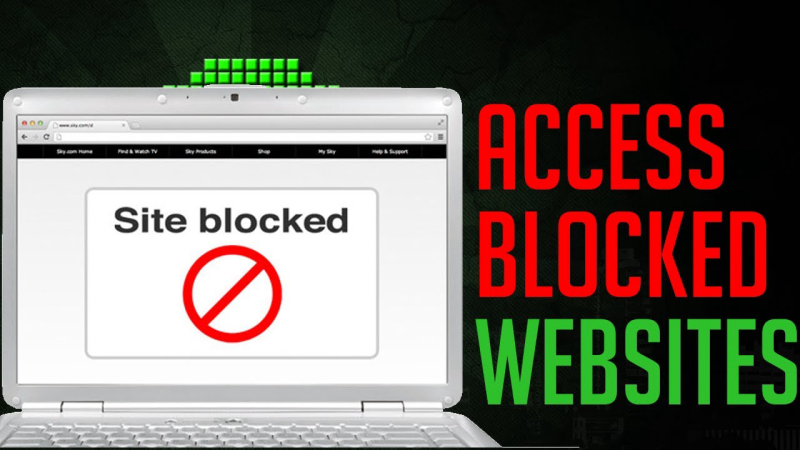
If you’re tired of being blocked by your ISP, there are several ways to bypass these restrictions and regain access to the content you want. Here are the most effective methods:
1. Use Best free VPN
A VPN is the most effective tool for bypassing ISP blocking websites. By encrypting your internet connection and masking your IP address, a VPN allows you to access blocked sites without anyone knowing what you're doing online. Since a VPN hides your traffic and routes it through a secure server, your ISP won’t be able to detect or block your activities.
UFO VPN is a great choice for bypassing geo-restrictions and accessing content freely. With UFO VPN, you can select from multiple server locations to spoof your location and get past ISP blocks.
2. Use a Proxy Server
A proxy server is another option for bypassing ISP blocking. It works similarly to a VPN but with some key differences. A proxy server acts as an intermediary between your device and the website you’re trying to access, masking your IP address. However, unlike a VPN, proxies do not encrypt your internet traffic, which means they don’t offer the same level of security and privacy.
3. Change Your DNS Server
Changing your DNS server can be a simple way to bypass ISP blocking websites. By switching to a public DNS service like Google DNS or Cloudflare, you can potentially bypass DNS-level filtering that your ISP might be using.
To change your DNS settings:
-
Open your device’s network settings.
-
Change the DNS server to a public service (e.g., 8.8.8.8 for Google DNS).
-
Save the settings and restart your connection.
4. Use a Smart DNS Service
Smart DNS works by rerouting your DNS requests through a proxy server in a different location, allowing you to access geo-blocked content. Unlike a VPN, Smart DNS does not encrypt your traffic, so it’s faster but less secure. It's an excellent option for bypassing geo-restrictions on streaming services like Netflix or Hulu.
How to safely download UFO VPN
UFO VPN is one of the most effective tools for bypassing ISP blocking websites. With its strong encryption, no-logs policy, and global server network, UFO VPN provides fast and secure access to blocked content. Whether you're trying to access geo-restricted content, stream your favorite shows, or ensure your privacy online, UFO VPN can help.
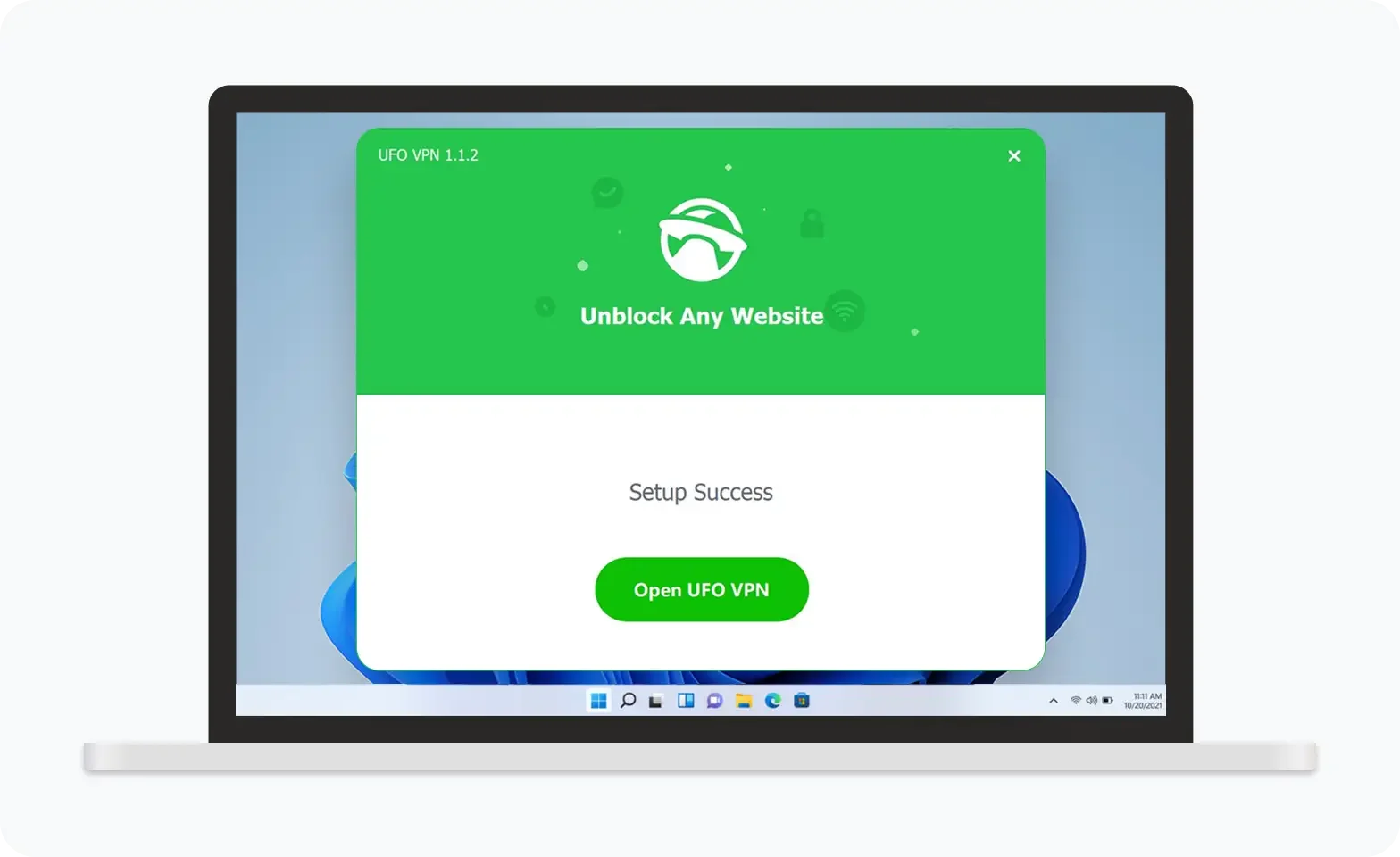
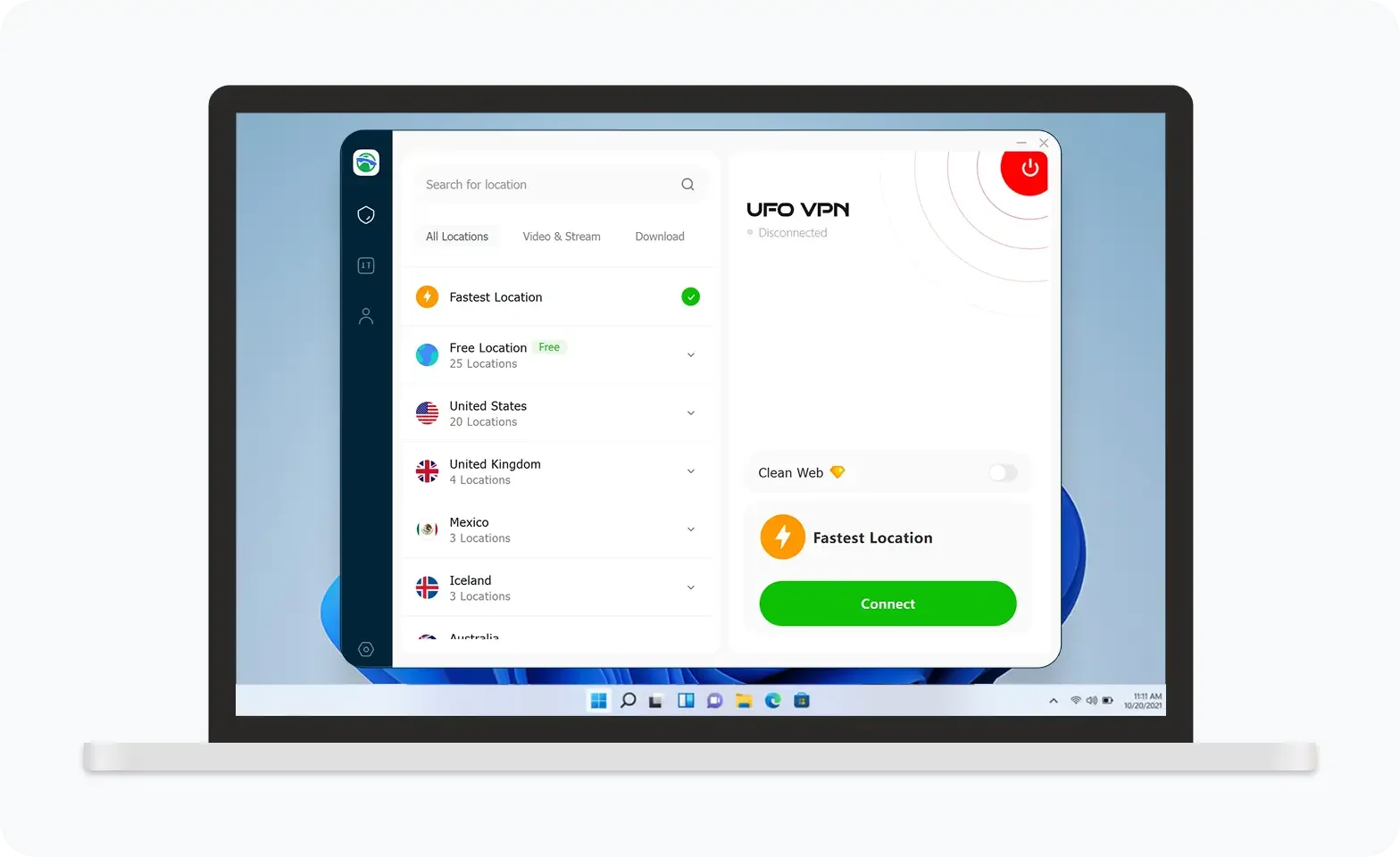
UFO VPN is an all-in-one VPN that offers unlimited access to 4D streaming like Netlfix, Disney Plus, no-ping gaming as PUBG, Roblox, CODM and social networking for YouTube, X, Facebook and more.
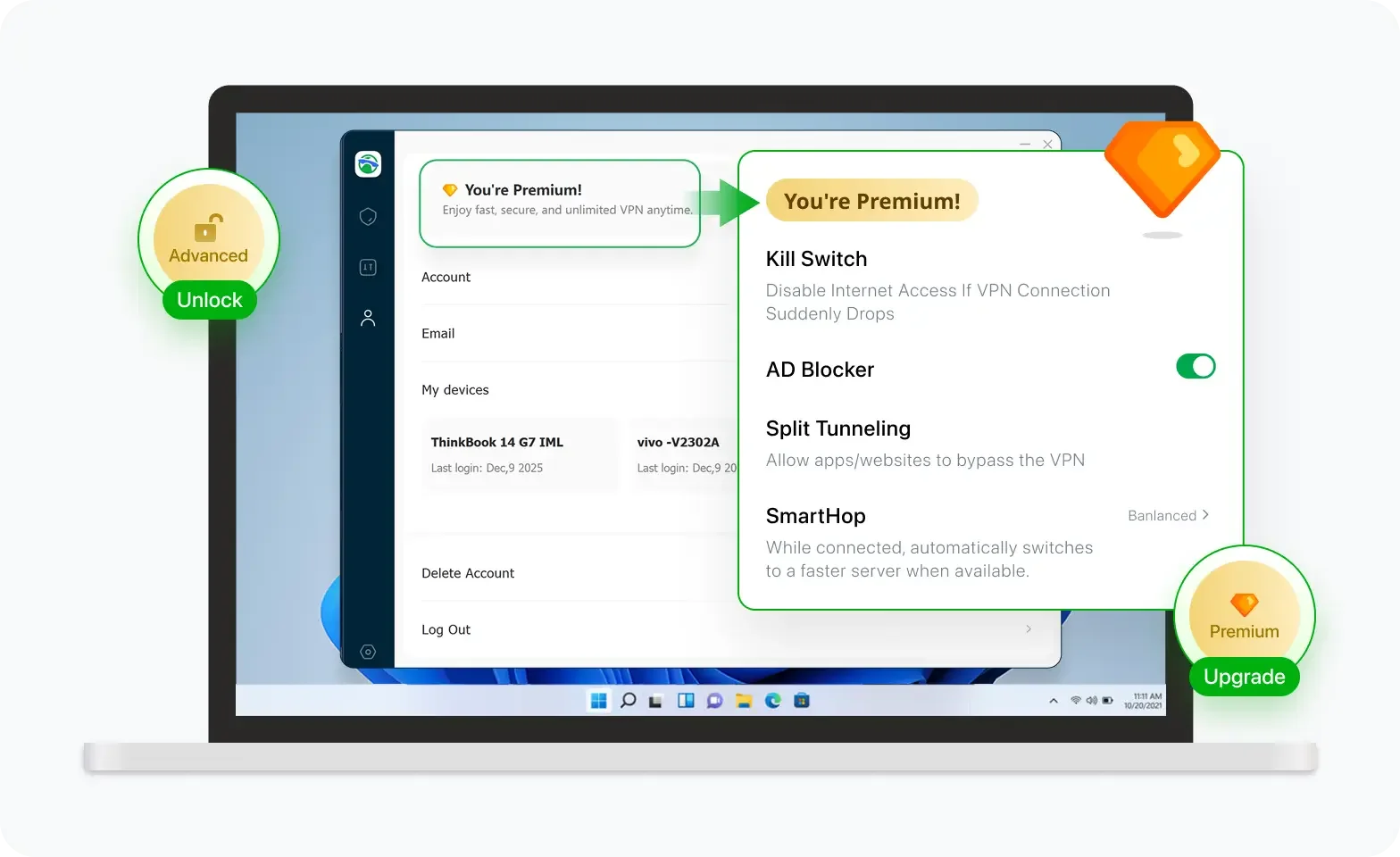
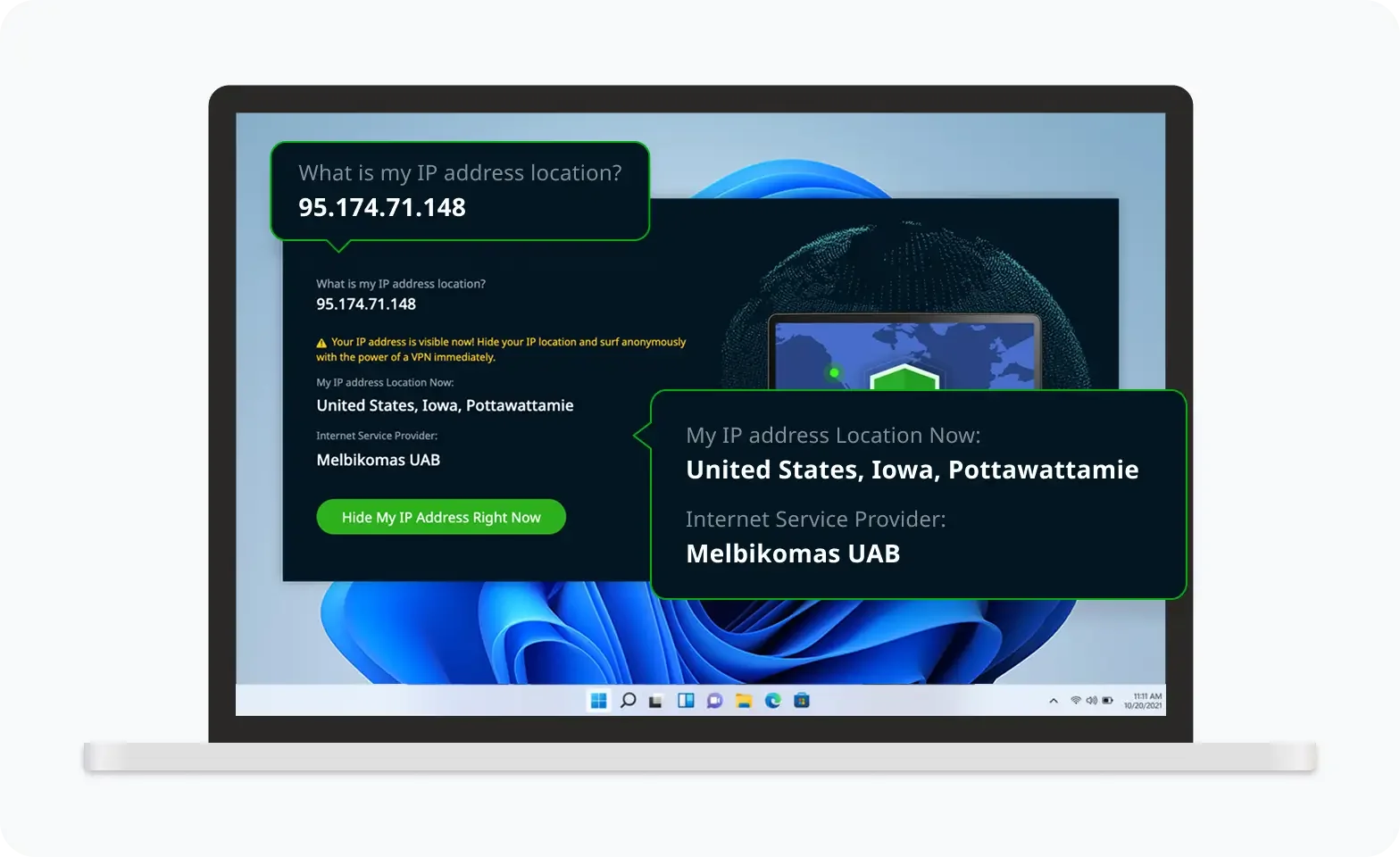
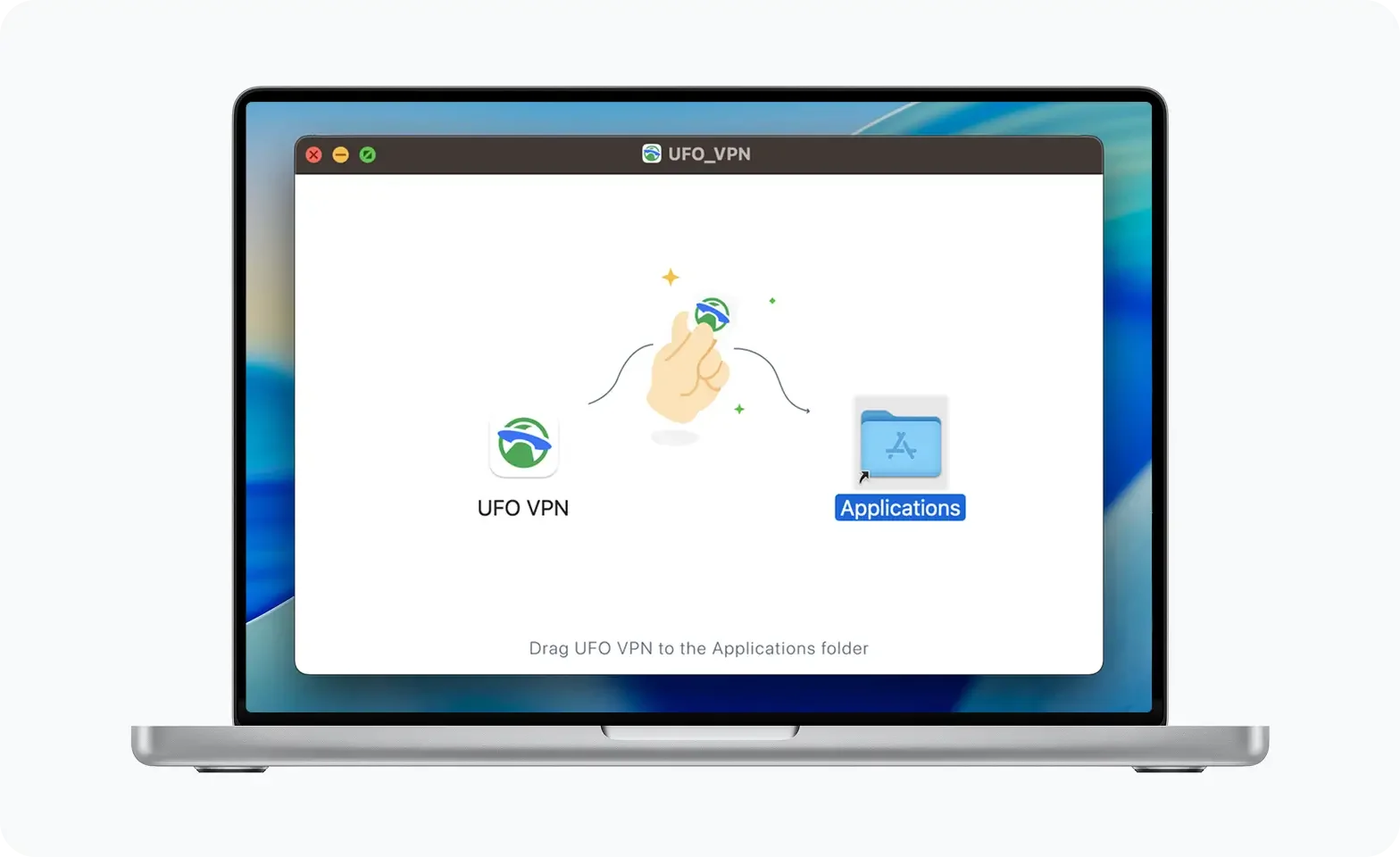
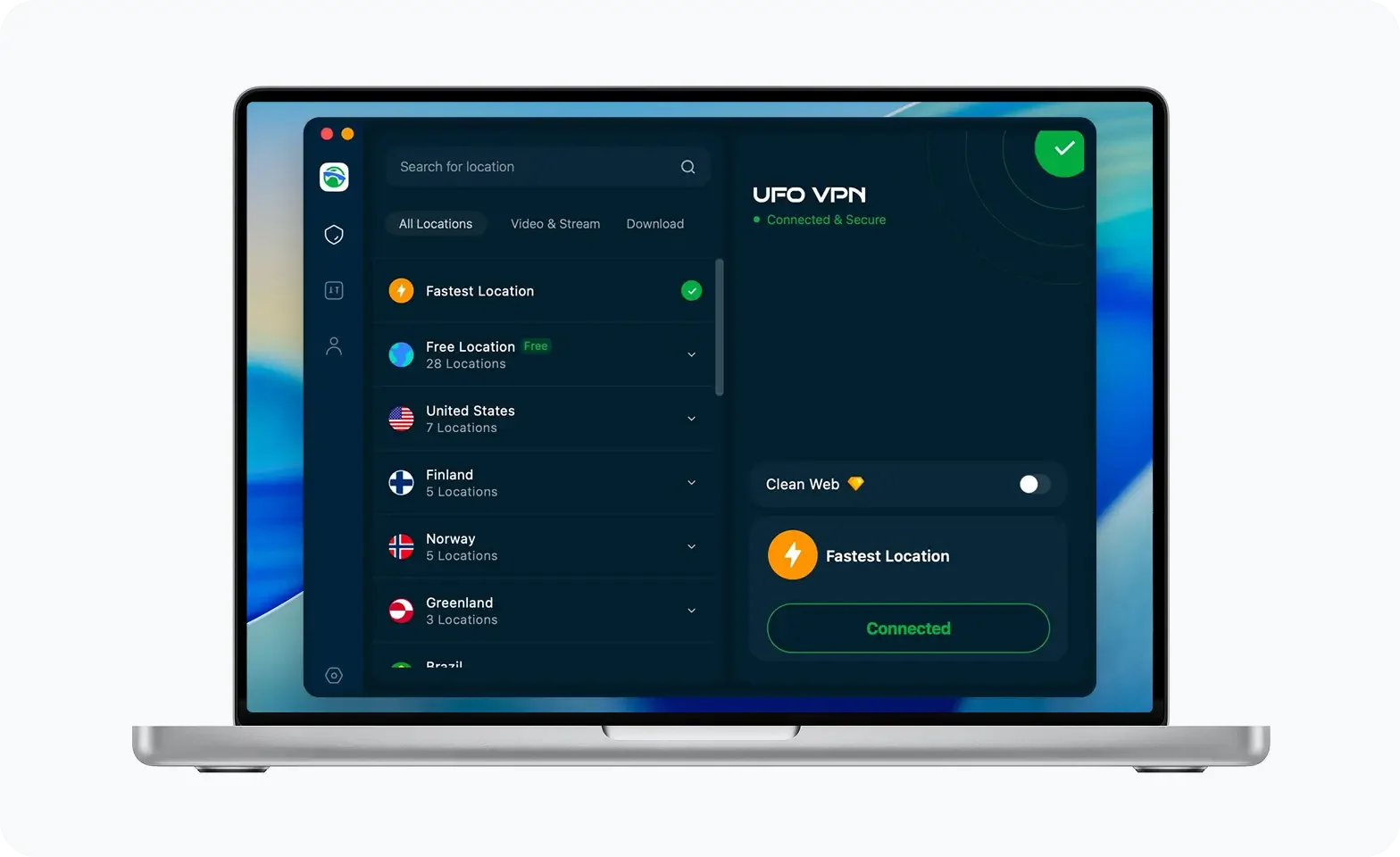
Unlock Pro Features
If you have upgraded to premium plan , feel free to enjoy premium servers for 4K streaming and advanced features like Kill Switch, Split Tunneling, and gaming acceleration. Your Mac is now fully optimized and protected. Inaddition to basic functions, we recommend you turn on

Verify Your IP Now
Use UFO VPN's " What is My IP " feature to see your new IP and location. This confirms your connection is secure, anonymous, and ready for safe browsing online anywhere at any time.

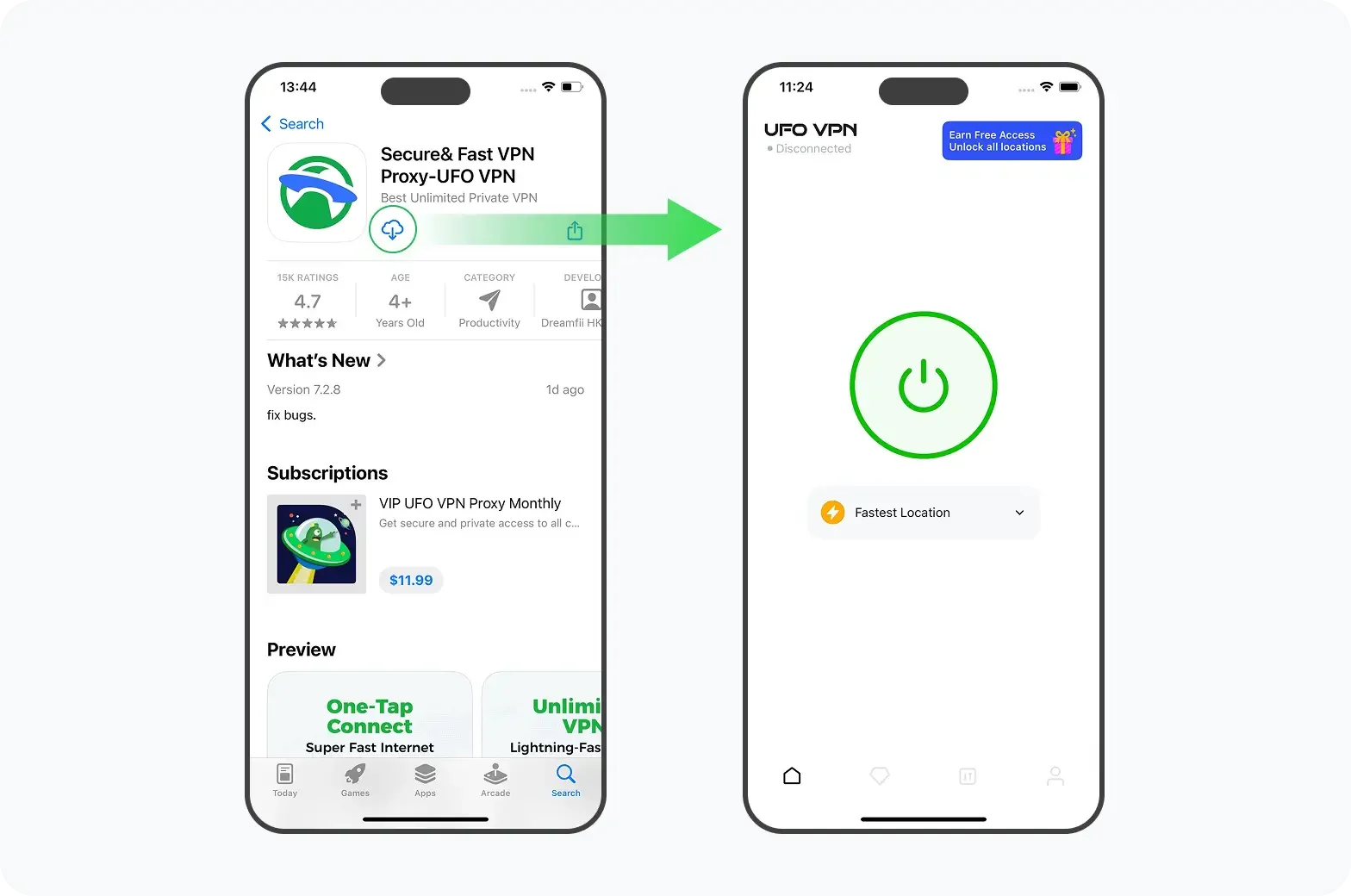
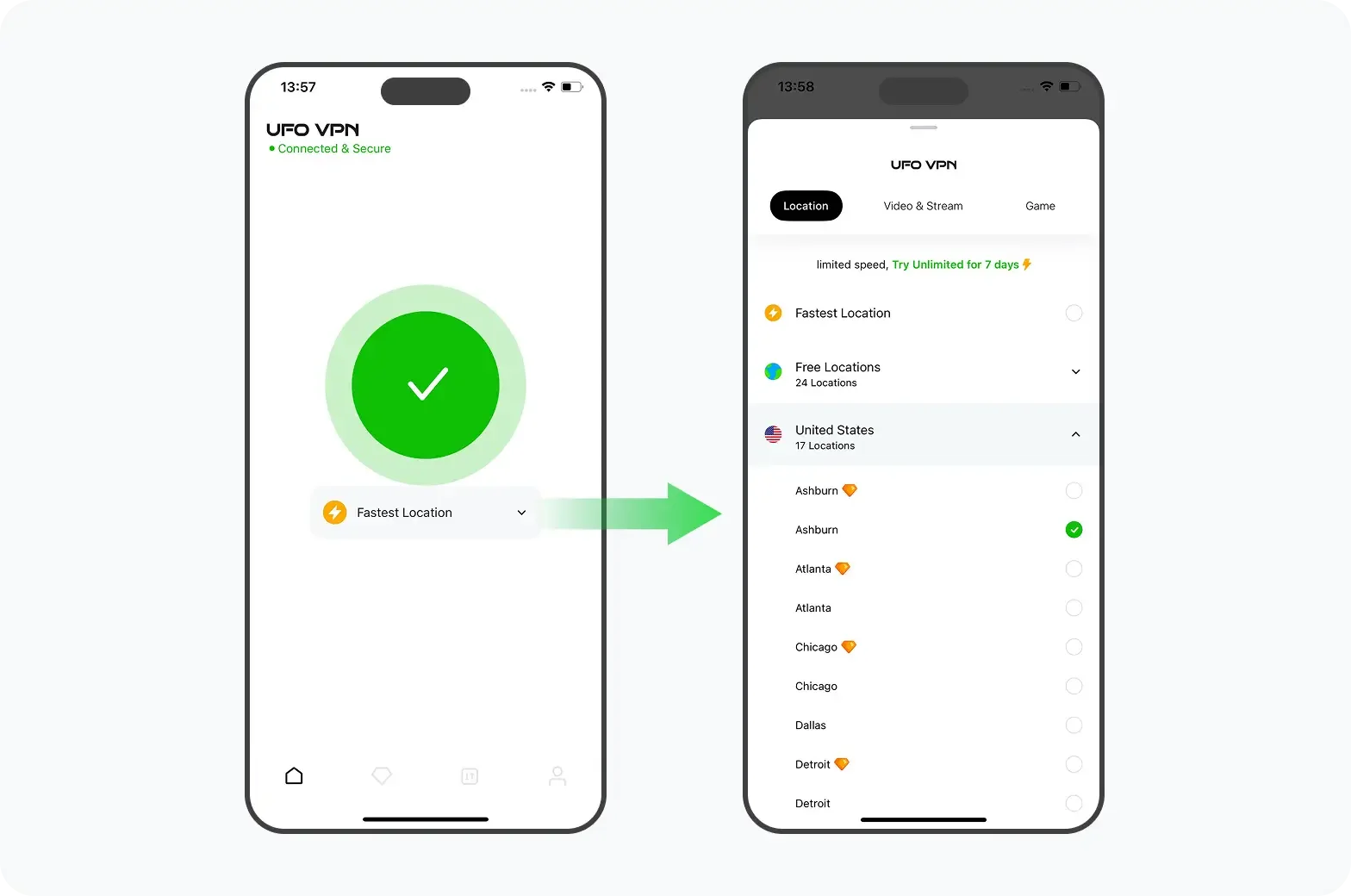
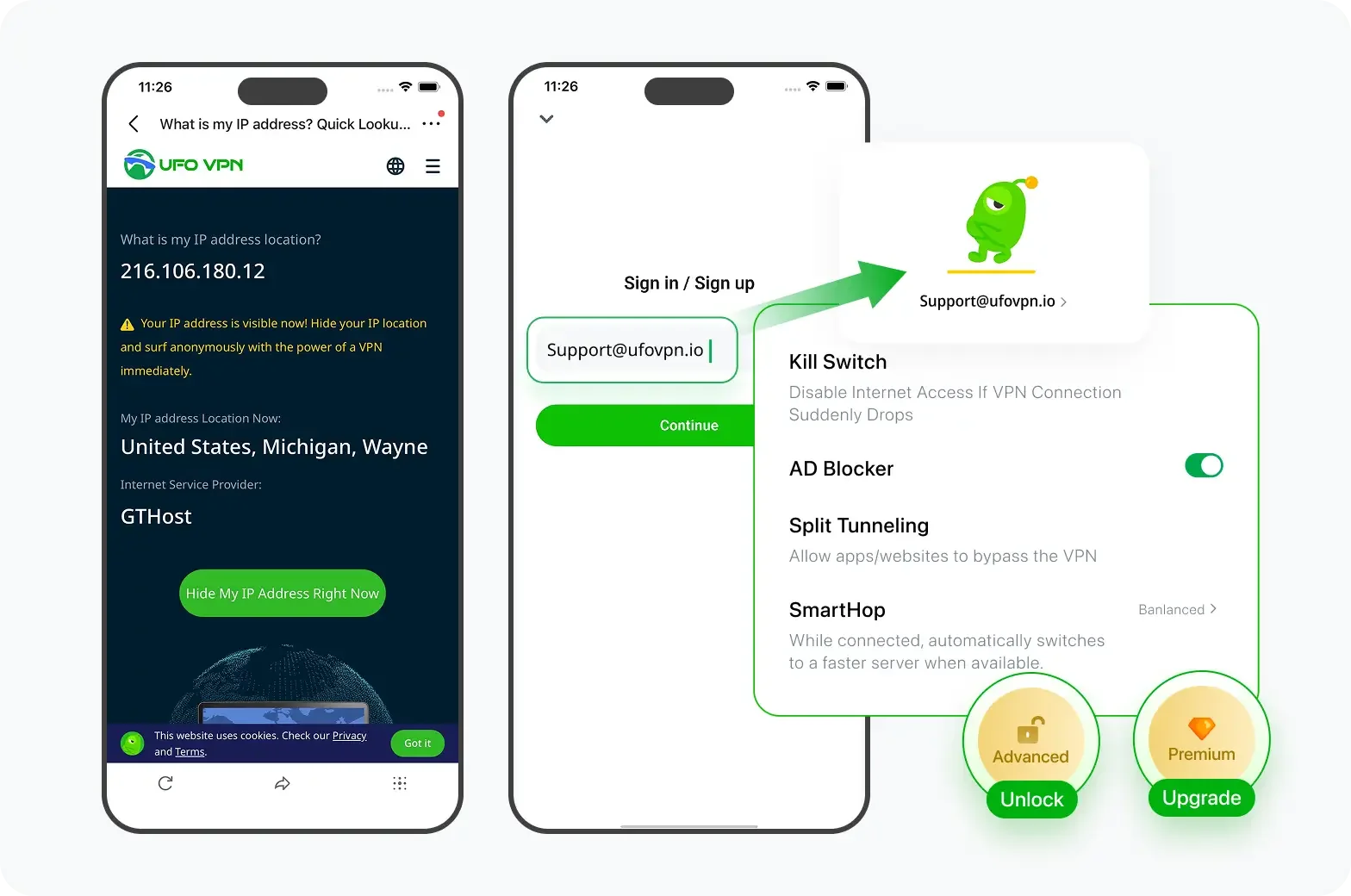
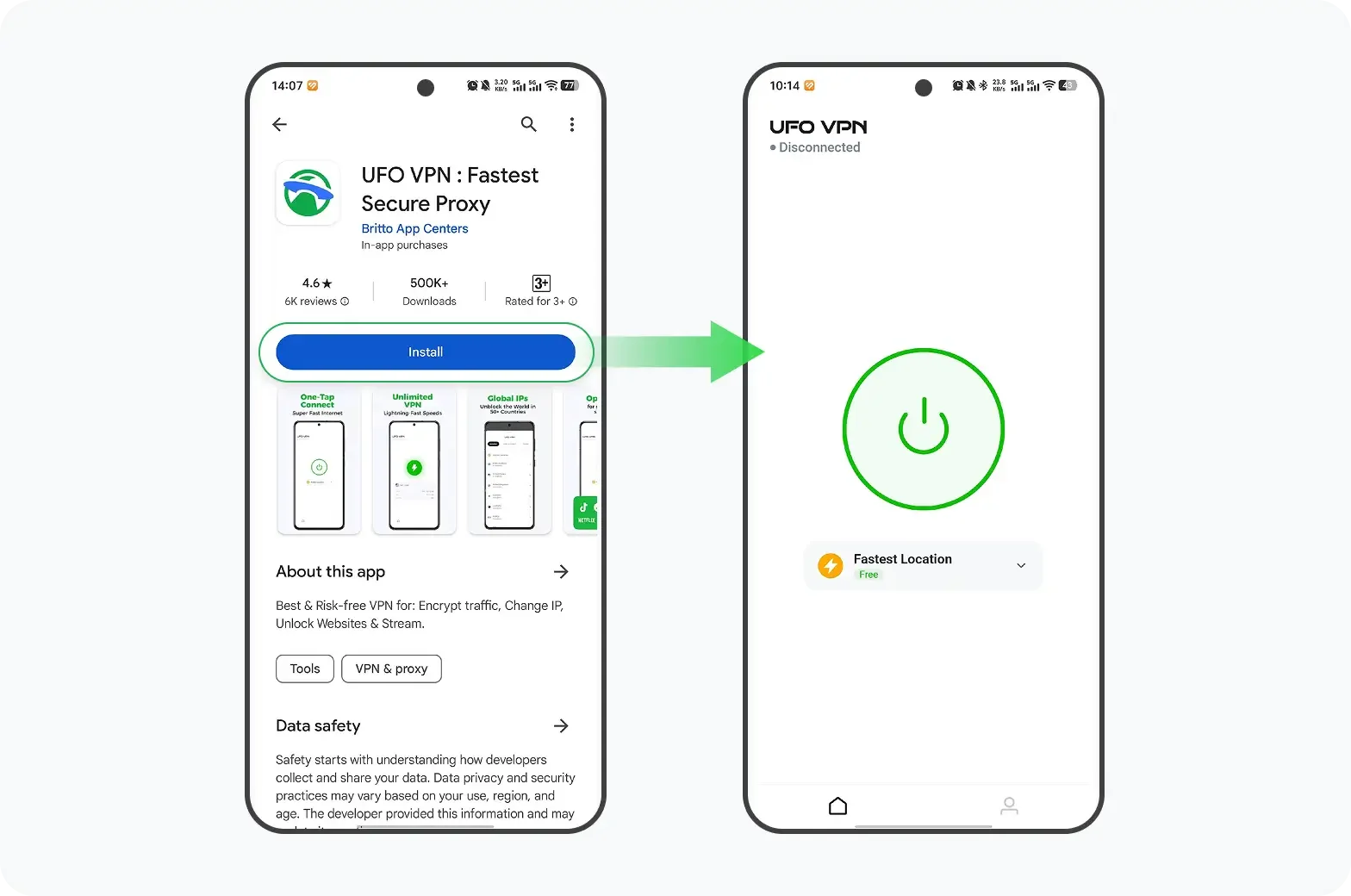
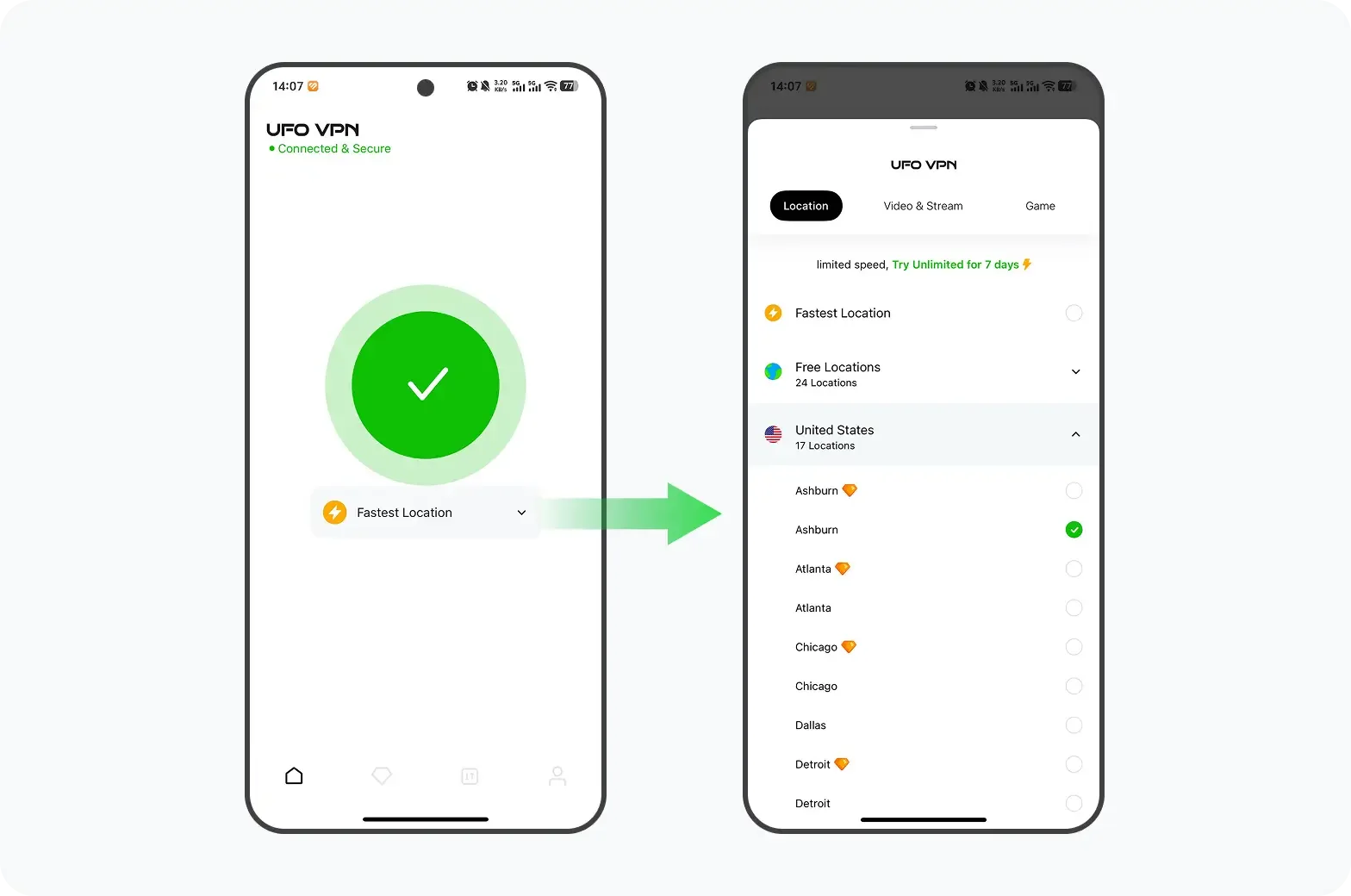
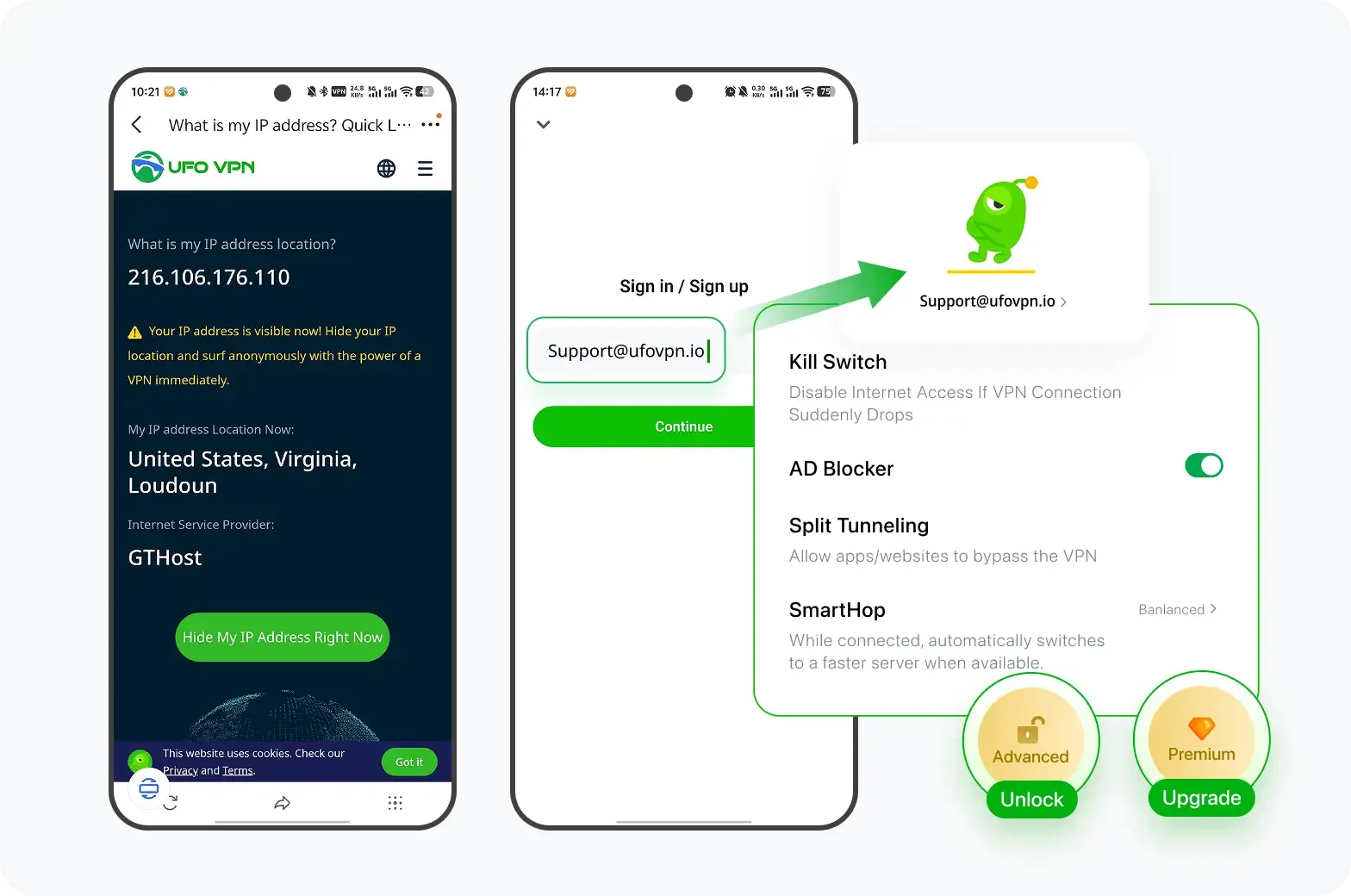
Frequently Asked Questions (FAQ)
Q1: Why does my ISP block certain websites?
ISPs block websites for reasons like government censorship, copyright protection, security concerns, or to manage network traffic.
Q2: Can I bypass ISP restrictions with a VPN?
Yes, a VPN is the most effective way to bypass ISP blocking websites. By encrypting your traffic and masking your IP address, a VPN ensures your ISP cannot see what you’re doing online.
Q3: Is using a VPN to bypass ISP blocks legal?
In most cases, using a VPN to bypass restrictions is legal. However, always check your local laws to ensure compliance.
Q4: What’s the difference between a VPN and a proxy server?
A VPN encrypts your entire internet connection, while a proxy server only reroutes your traffic through a different server. VPNs are more secure and offer better privacy protection.
Q5: How can UFO VPN help me bypass ISP blocks?
UFO VPN encrypts your connection, hides your IP address, and lets you access content from anywhere. With servers in multiple countries, you can bypass geo-restrictions and enjoy the internet freely.


